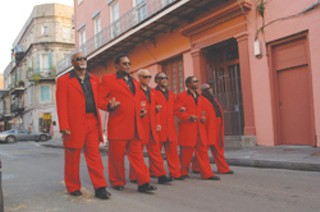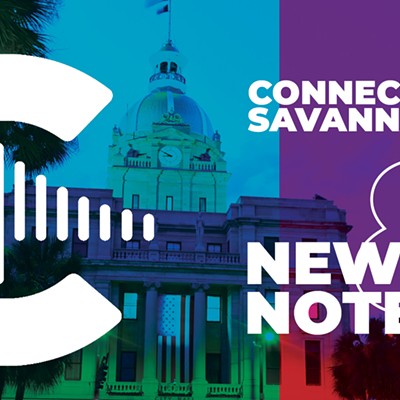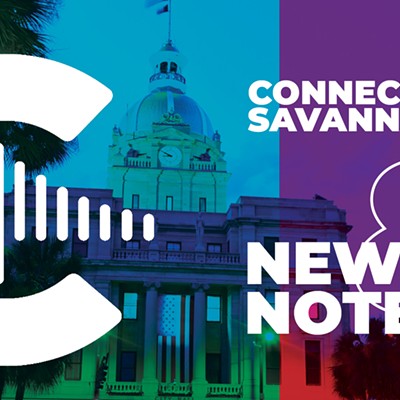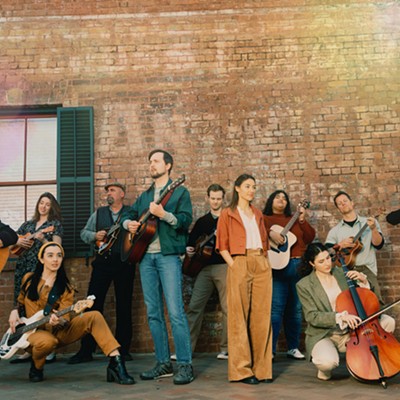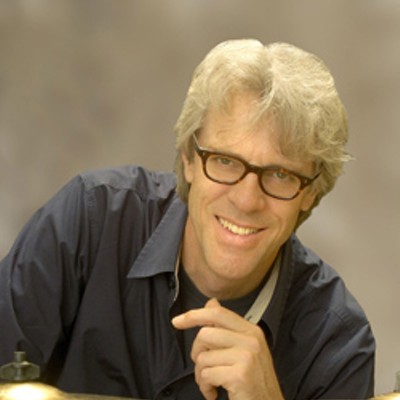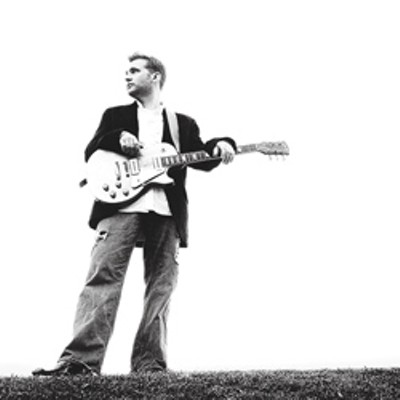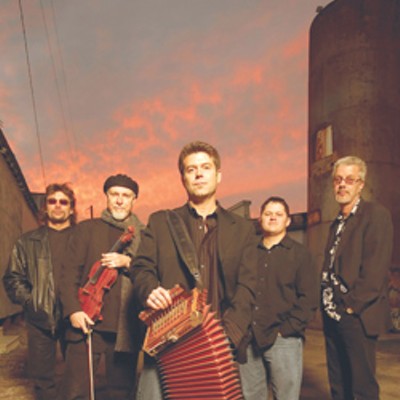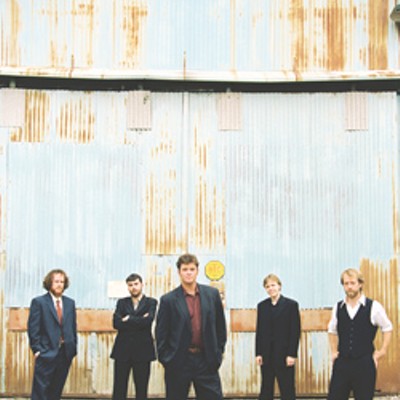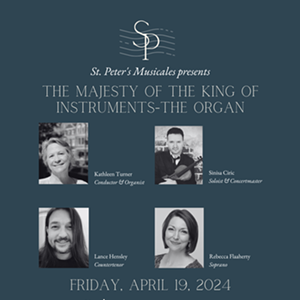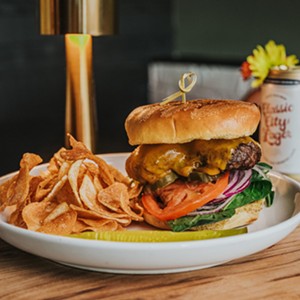Most folks who were either raised in the South —or who have taken it upon themselves to learn a bit about the popular music traditions which have emanated from this region over the past century or so— cannot help but have at least a cursory knowledge of both traditional rhythm and blues and black gospel.
However, despite ample and undeniable evidence which demonstrates that these two seemingly incongruous genres are in fact inextricably linked (“bound to be bound” to borrow a phrase from a songwriter friend of mine), there still exists no small amount of confusion over the roots of not only rural, acoustic “country” blues and its cousin, electric “city” blues, but of their flashy grandchild: rock and roll.
Adolphus Bell knows this heritage better than most.
Now in his sixties, this “one-man-band” from Alabama (who sings and plays guitar while also playing a small drum set with his feet) has been performing raw blues and R & B for the past four decades.
“I’m one of the last and lost survivors of the blues,” he says with a chuckle, before somberly reflecting, “I’ve seen a lot of good players come and go.”
A jovial fellow with a sunny disposition that belies a life peppered with hardship, Bell made a name for himself in the ‘60s as a band leader (and later as a solo artist), but fell into obscurity in the ‘80s.
He wound up in Atlanta for a decade, playing for tips in Atlanta’s Underground district before being (re)discovered by Tim Duffy, a blues fanatic and archivist whose Durham, N.C.-based non-profit Music Maker Relief Foundation locates, records, supports and promotes “true pioneers and forgotten heroes of Southern music.”
Music Maker’s goal is to help these struggling, older artists (many of whom toil in relative poverty with little or no support system) with their day-to-day needs while preserving their contributions to the traditional roots music of America’s South.
Bell personifies the strange dichotomy which still exists between religious and secular soul music when he says he’s a God-fearing man who was “raised in the church,” but who made a conscious decision to never play music there.
“To me,” he reflects, “the blues comes from the church — especially the holiness church where they had tambourines and drums and organs. When they get to playing, you’d think James Brown was in there! They got that church blues.”
“They call it blues, but it’s really a spiritual feeling. All of them had that voice and that feeling: Aretha Franklin, Sam Cooke, B.B. King. But you see, I started playing in the street. I’m the type of musician who don’t want to be wishy-washy. I stay on one side of the fence. If the good Lord turned me around and said ditch the blues, then I’d do it, but I’m strange like that.”
That rather succinct and highly personal summation of the dividing line between darkness and light which some have always viewed as an inherent conundrum —and which most musicologists will tell you has resulted in some of the most cathartic and emotional examples of soul music to be found on either side of the intangible moral fence Bell references— captures the dilemma many Southern performers have long faced: particularly in the black community, where staunch Christian faith is not only famously intertwined with rapturous and exultant music, but where many believers still insist upon strict separation of the blues (often considered sinful and libidinous) and gospel, or sanctified music.
The old notion of the talented musician who plays low-down blues for money or fame on Friday and Saturday nights in the raucous, sexuality and alcohol-charged atmosphere of a club or jook-joint, only to play and sing hymns in church on Sunday is a stereotype for good reason: it’s based on fact. However, there are many old-school musicians who simply refuse to mix those two streams.
Adolphus Bell is one of them.
“To me,” he says with conviction, “if you’re playing the blues and playing in church too, that’s like being a bit of a hypocrite. Out of respect for the supreme being, I’ll only do one or the other, but not both.”
The Blind Boys of Alabama take a similar approach to their legendary brand of worshipful vocal magic. Although they occupy what British tunesmith Nick Lowe might call “the other side of the coin.”
Since 1939, this iconic sightless singing group has entertained and given witness to throngs of adoring fans the world over. Initially playing only to segregated audiences in the Deep South, their almost incomprehensible longevity (they’ve been forced to take on several new members over their seven decade career) has allowed their following to change along with the times.
Now, they routinely share uplifting, fiery performances with all manner of listeners, and as their four Grammys attest, their fairly recent decision to include secular tunes into their repertoire has only expanded their fan base and their influence.
By carefully and sincerely re-interpreting country, soul and even rock and roll tunes into their own style (and for their own purposes), they have given new meaning to the term “crossover artist.”
But don’t think for a minute that because the Blind Boys now cover blues standards like “Nobody’s Fault But Mine”, funk nuggets like Stevie Wonder’s “Higher Ground” (popularized by the Red Hot Chili Peppers) and crepuscular Tom Waits oddballs like “Way Down In The Hole” alongside traditional church tunes such as “Amazing Grace” (sung to the melody of the hooker’s lament “House of The Rising Sun” no less) and “Wade In The Water”, that they still consider themselves anything less than a full-on gospel group.
Vocalist and band leader Jimmy Carter, who has incredibly been there from the start, and —understandably perhaps, given the march of time— is the sole original member left who performs and records with the sextet, makes clear that The Blind Boys of Alabama had a specific goal in mind which led them to seek out secular material — albeit material with a strong, positive message that easily conveys the spiritual truths they are sworn to promote.
That goal? Young people.
Carter says he’s never heard any negative feedback from diehard fans about the Blind Boys adding such subject matter into their albums and concerts, or for welcoming guest musicians not normally thought of as Christian artists (or even particularly religious ones for that matter).
However, he feels that the careful manner in which these diversions from their long-standing M.O. have been incorporated and “gospel-ized” have a great deal to do with the relative ease in which they have been received. (Plus, it doesn’t hurt that of late, this influx of challenging material and high-profile players from outside the traditional church world has resulted in some of the most amazingly beautiful and most successful albums in the group’s career).
“Our fans realize though secular artists might come and be on our records, they’re still playing gospel and we’re still singing gospel,” Carter explains, adding, “The Blind Boys will never deviate from that.”
“Now, it might have a different sound or flavor, but it’s still gospel and still the Blind Boys. Sometimes we might have to change some of the lyrics in our version to make it work as a gospel song, but that’s fine. We’ll always be a traditional gospel group. But now, we have tried to incorporate young people into our music. That’s why we brought in folks like Ben Harper and Aaron Neville and Solomon Burke.”
It would take someone of Carter’s age and stature to refer to the 67-year-old soul shouter Burke as a “young person”, but Carter emphasizes that, “since we brought some of these folks into our music, we are now seeing more young people at our concerts than we ever have before.”
The Blind Boys’ latest album, Down In New Orleans, was released just a few weeks ago, and is earning rave reviews for its unique mixture of the group’s signature vocal harmonies and the Big Easy’s toe-tapping rhythmic pulse — courtesy of guest musicians like iconic pianist/composer Allen Toussaint (“Freedom For The Stallion”), bassist Roland Guerin, fellow time-honored luminaries the Preservation Hall Jazz Band and relative newcomers the Hot 8 Brass Band (who are turning heads with their progressive mix of marching band arrangements, R & B and hip-hop).
“While were there recording, we saw all the devastation,” explains Carter. “And even though we couldn’t actually help rebuild the town, we hoped our music would inspire folks who were already there and those that might want to come help.”
Carter says even though his group and Bell are from the same state, he’s never seen the one-man-band perform, “but I’m looking very forward to sharing a bill with him — as well as returning to Savannah and having some down home Georgia cookin’!”
Bell, too, is eagerly anticipating this date, which follows a short European tour.
“We almost crossed paths in France once,” he recalls. “I wanted to meet ‘em so bad, but they stay on the road so much and I do as well. I’m proud to open for them.”
Carter says the Blind Boys will feature a few N’awlins-style tunes from their new CD, but also wide range of classic material.
“Basically, we’re gonna do what we do best — and that’s good old traditional soul gospel music!” 
What: Sacred And Profane: The Blind Boys of Alabama with Adolphus Bell
Where: Trustees Theater
When: 7:30 pm, March 20
Cost: $50 - $15 at
www.savannahmusicfestival.org or by calling 525-5050.
Info: www.blindboys.com,

